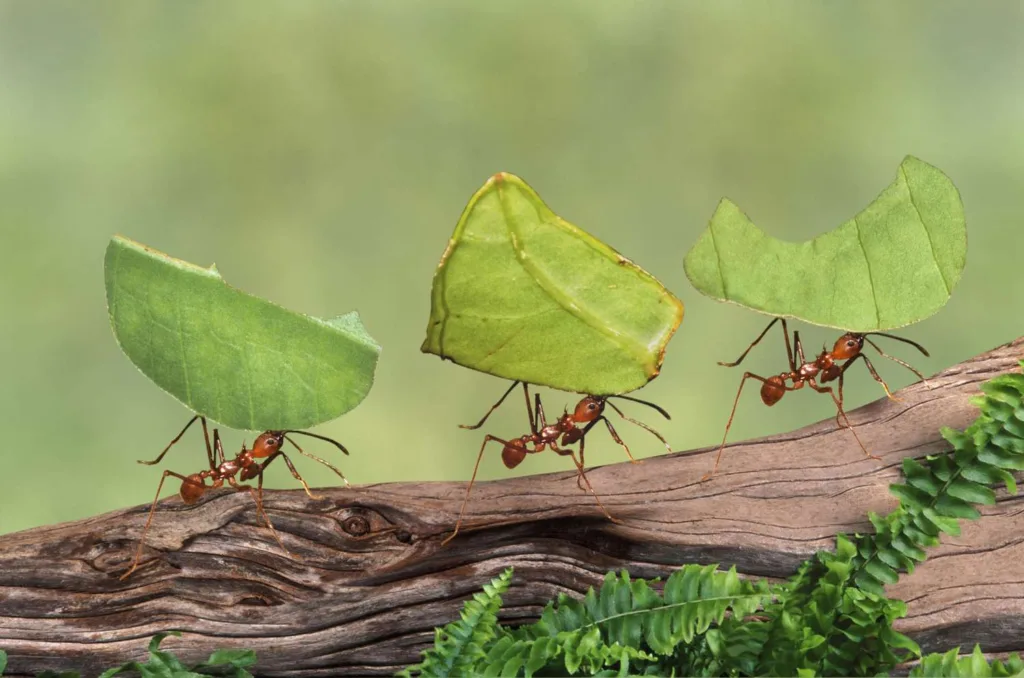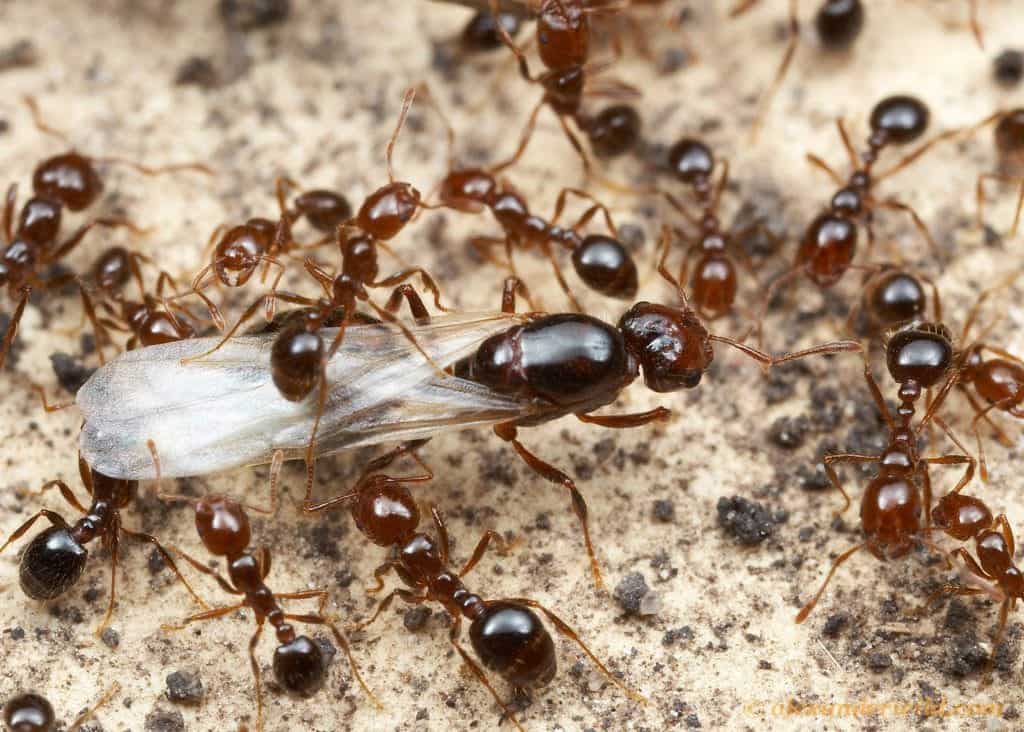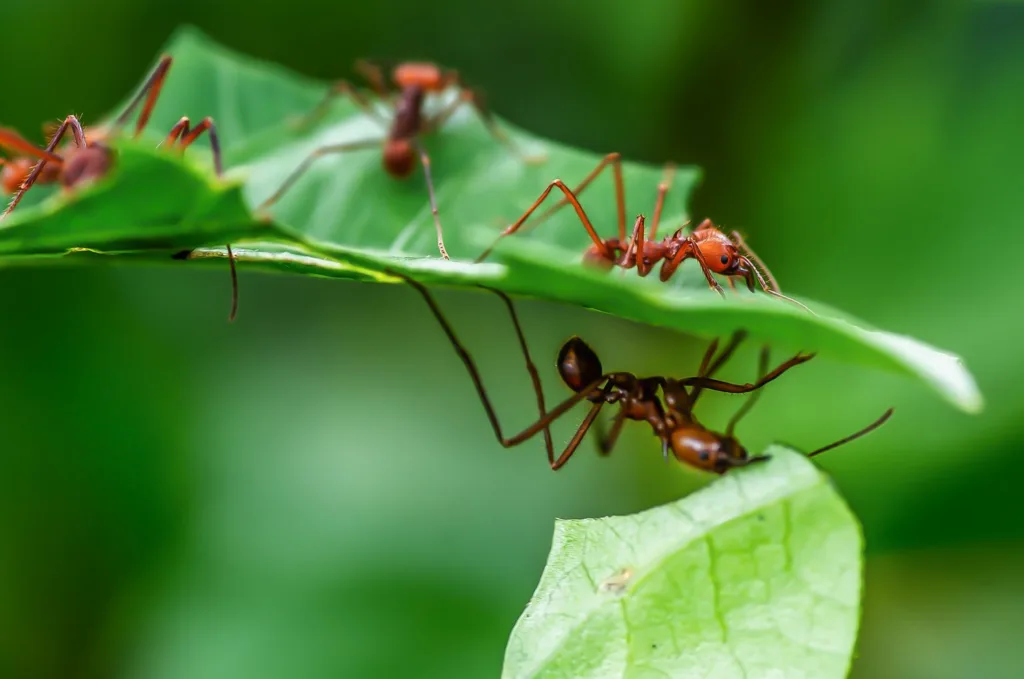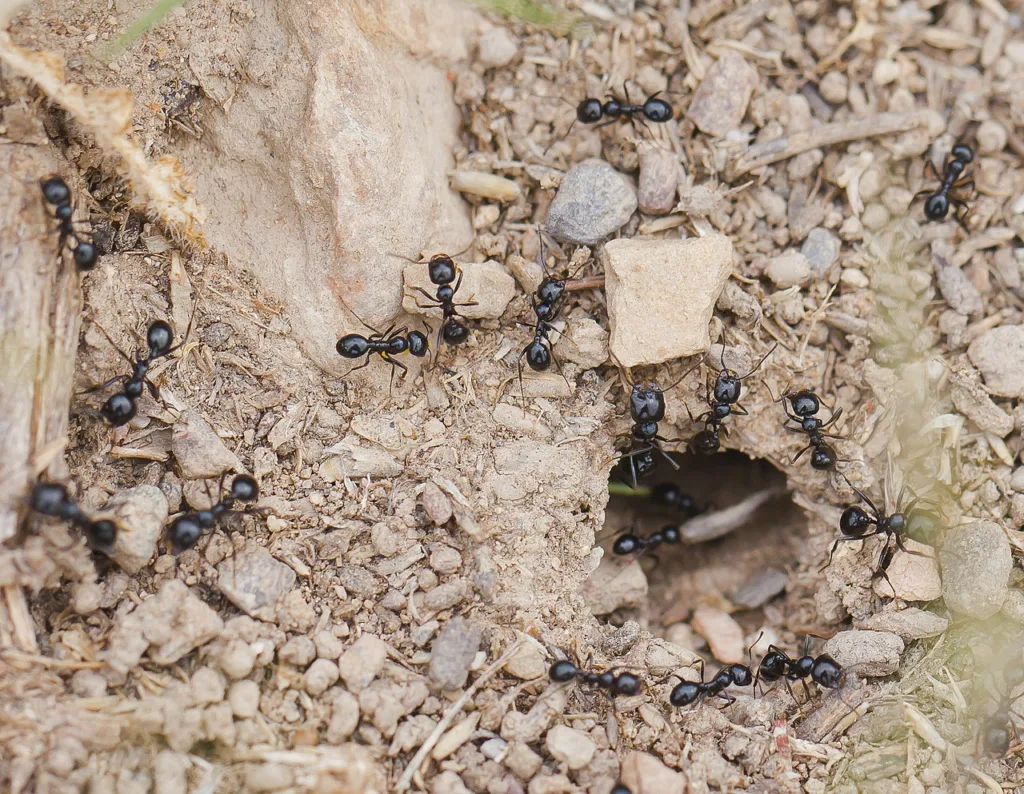Exploring the Complex World of Ants

In the intricate tapestry of the natural world, few creatures rival the complexity and ingenuity of ants. Despite their small size, ants inhabit nearly every corner of the globe, forming vast and bustling societies that operate with remarkable precision and coordination.
Ants: Masters of Social Organization
Ant colonies, despite their diminutive size, boast complex social structures governed by intricate behaviors and roles. Within these bustling communities, ants perform various tasks, from foraging and nest-building to reproduction and defense. Their ability to organize and coordinate activities with remarkable efficiency is a testament to the sophistication of their social organization.
The Role of Castes in Ant Societies
Central to the functioning of ant colonies is the division of labor among different castes. Queens, the reproductive powerhouse of the colony, are tended to by diligent worker ants, who handle tasks such as foraging, nursing the young, and maintaining the nest. Specialized soldier ants stand ready to defend the colony against intruders, showcasing the diverse roles within the ant community.

Communication Among Ants
Communication is essential for the smooth operation of an ant colony. Ants employ a variety of methods to convey information, including chemical signals known as pheromones and tactile cues. Through the release of pheromones, ants can communicate alarm, mark trails to food sources, and coordinate collective actions, demonstrating a highly evolved system of communication.
The Art of Foraging
Foraging is a critical aspect of ant behavior, with colonies relying on efficient foraging strategies to secure food sources. Ants exhibit remarkable navigational skills, using pheromone trails and visual cues to locate and retrieve food. Some species, like the famous leaf-cutter ants, cultivate fungus gardens as a food source, showcasing the diversity of foraging strategies across ant species.
Adaptations to Diverse Environments
Ants have evolved a plethora of adaptations to thrive in diverse environments worldwide. From desert-dwelling species that endure extreme temperatures to arboreal ants that navigate treetops with ease, each species has honed specialized traits suited to its habitat. Their ability to adapt and innovate reflects the resilience of ant communities in the face of environmental challenges.

Ecological Importance
Beyond their fascinating behaviors, ants play crucial roles in ecosystem dynamics and functioning. They contribute to nutrient cycling, seed dispersal, and soil aeration, influencing plant growth and biodiversity. In agricultural settings, certain ant species serve as natural predators, controlling pest populations and reducing the need for chemical interventions.
Ants as Models for Understanding Social Behavior
The complex social behaviors exhibited by ants have captivated scientists for centuries. Their cooperative tendencies, division of labor, and conflict resolution strategies provide valuable insights into the evolution of social organization. By studying ant colonies, researchers gain valuable perspectives on human behavior and societal dynamics.

Ants, with their intricate societies and behaviors, offer a window into the complexity of the natural world. From their hierarchical structures to their sophisticated communication systems, ants exemplify the power of collective organization and adaptation. As stewards of the environment, we can learn much from these tiny yet remarkable creatures, whose contributions to ecosystems are as profound as they are diverse.







Some really nice and useful info on this internet site, as well I think the style contains excellent features.